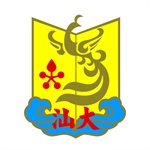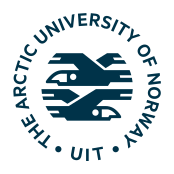📖Program Curriculum
Project details
Carbon is a complex material that exists in many forms including graphene, graphite, and diamond. Graphite and other forms of carbon have widespread applications ranging from batteries, composite materials and even within nuclear reactor cores. The bulk material properties are highly dependent upon the microstructure. For example, the swelling of graphite blocks in the high temperature/ high irradiation conditions in a reactor core may be explained by single atom defects or larger ripples and folds of the graphene sheets. Large scale atomistic modelling can be used to elucidate insights into the key mechanisms and atomic defect structures that effect the material properties. However, these simulations require accurate modelling of many millions of atoms to obtain useful results.
The existing simulation methods, have many limitations; molecular dynamics relies upon simple approximations that fail to capture all the details of carbon atom bonding, and density functional theory can only be applied to small structures. Also, existing atomic potentials for carbon fail to accurately predict the thermal and elastic properties of graphite. Recently, machine learning techniques have been applied to computer simulations with some success, therefore we will investigate new machine learning techniques based on the atomic cluster expansion (ACE) descriptors of the local environment around a carbon atom. We will use these models to study the properties of carbon materials in high temperature/ high irradiation environments.
We are looking for a motivated and enthusiastic PhD candidate to join our research group. You will join a small research group based in the department of chemistry that consists of one post-doc, and Natural Sciences and MChem project students. We have regular weekly meetings where there will be ample opportunity for you to discuss current findings, propose new research directions and collaborate with others. EDF are advisors for the project, so there will also be opportunity for some interaction with them.
This project is also a great opportunity to gain training and development in a wide range of skills including computer programming, performing large computer simulations on high-performance computing facilities, analysing data using Python (or similar methods), and writing and typesetting academic papers and reports using LaTeX.
The School of Science also has good policies in place on flexible working, maternity/parental leave and Loughborough University and the School are involved with Athena Swan, the Race Equality Charter, Disability Confident Employer and Stonewall Diversity Champion statuses.
Loughborough University has an applied research culture. In REF 2021, 94% of the work submitted was judged to be top-rated as world-leading or internationally excellent. We are a community based on mutual support and collaboration. Through our Doctoral College there are continual opportunities for building important research skills and networks among your peers and research academics.
Show less








